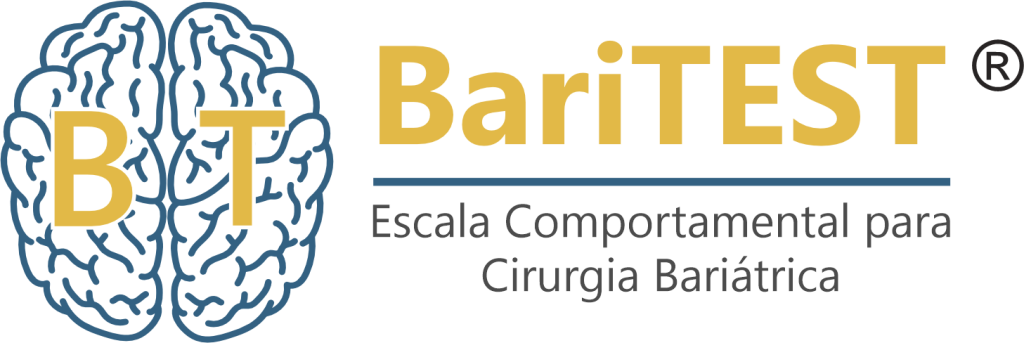
This enables a shift toward higher-value activities that are built on meaningful interpersonal relationships – like advisory services. We explored various applications of AI in accounting, ranging from automating repetitive tasks to streamlining auditing processes. Also, predictive analytics can help spot possible financial discrepancies or fraud early on. It does this by scanning financial data for unusual patterns that could hint at errors or fraud. By catching issues earlier, businesses can have a higher level of financial security.
What to look for in an AI tool for accounting
It’s ideal for tax professionals looking to manage their entire operation in one place, from client onboarding to tax preparation and filing. The platform also integrates with popular accounting software, allowing for seamless data transfer and compatibility. MindBridge’s AI auditing platform is designed to strengthen audit confidence and risk assessment compliance, complementing existing audit methodologies. The platform uses AI and OCR technology to extract relevant data from financial documents and uploads it to the user’s accounting system in a standardized digital format. AutoEntry integrates with major accounting software, such as Sage, and QuickBooks, ensuring seamless data transfer and compatibility.
How does AI help with audit preparation?

Gridlex is a versatile, all-in-one app builder designed to streamline operations and boost productivity across various industries. While not exclusively an accounting tool, Gridlex offers a comprehensive suite of features that includes CRM, customer service, help desk ticketing, master data management, and operations management. The platform’s ultra-customizable nature allows organizations to mrp and mrp ii 310 exam flashcards configure the app builder to meet their specific needs, ensuring a tailored solution that addresses unique business challenges. Analyzing large datasets in real-time can provide stakeholders with vital insights for making informed decisions. For example, Deloitte, a global professional services firm, used a special method to optically extract data from thousands of commercial loan documents for a financial sector M&A deal. As a result, they made better decisions, saved money, and completed tasks more quickly.
This immediate access to accurate financial data empowers decision-makers to respond swiftly to market changes, identify potential issues before they escalate, and capitalize on emerging opportunities. Moreover, the enhanced accuracy of AI-driven financial reports minimizes the risk of errors that can lead to costly mistakes or compliance issues. Kashoo is an easy-to-use accounting platform designed for small businesses, offering tools for managing financial tasks like invoicing, expense tracking, and reporting. It simplifies accounting processes by providing a user-friendly interface that helps businesses maintain accurate financial records with minimal effort. Bill & Divvy is a comprehensive expense management platform that combines the power of AI with smart corporate cards to help businesses streamline their spending, budgeting, and expense reporting processes.
- Before making any decision or taking any action that may affect your business, you should consult a qualified professional adviser.
- Further, to protect sensitive financial information from unauthorized access and cyber threats, consider implementing advanced encryption techniques, security protocols, and invest in cybersecurity training.
- This surge is driven by AI’s ability to enhance accuracy and efficiency across various accounting tasks.
- The platform simplifies tax preparation by generating tax forms and providing guidance on tax deductions and credits.
- These AI tools for accounting offer a wide range of features, such as automating data entry, invoice processing, financial statement preparation, fraud detection, and predictive analysis.
Automation of Routine and Time-Consuming Tasks
With its Autonomous Approval Flows, the platform offers a smooth flow at which it automatically processes error-free invoices, allowing teams to focus on more important tasks. Vic.ai is an AI-powered invoice processing tool with high accuracy rates and advanced machine learning algorithms. It uses powerful algorithms trained on millions of invoices to automate almost every aspect of billing without the need for templates or custom rules.
The platform also offers real-time reporting to give you immediate insights into your finances. Botkeeper’s machine learning capabilities improve its accuracy over time, adapting to your firm’s unique bookkeeping needs. wave financial AI in accounting revolutionizes the financial processes of businesses by providing real-time insights into their financial performance.
Furthermore, Docyt seamlessly integrates with existing accounting systems, ensuring a smooth transition and minimal disruption to established processes. The platform’s user-friendly interface, combined with its powerful automation features, positions Docyt as a game-changer in the way businesses manage their accounting functions. Truewind and Docyt are examples of AI tools that can help with real-time data analysis and $reporting. Truewind automates accounting with machine learning, making reports and transaction categorization fast and accurate. Docyt simplifies bookkeeping, providing real-time views of finances to help manage expenses and profits easily. Canopy is a cloud-based software designed to help accounting firms manage their day-to-day operations more effectively.
Artificial intelligence tools by themselves (think ChatGPT, Google Bard, and others) are most useful when they are integrated into the tools you already six types of business transactions work with. Working with raw data in spreadsheets can be one of the biggest time sinks for CPAs. AI will transform the business we have today and it’s important to be ready for the transformation. Additionally, AI can aid in budget optimization by analyzing historical spending patterns and identifying areas of excessive or wasteful expenditure.
With AI-powered tools, smaller businesses can now access the kind of analytics and advice that was once the exclusive domain of large corporations. This democratization empowers more businesses to make data-driven decisions, promoting a more dynamic and inclusive business ecosystem. Their Cognitive Advantage initiative uses AI and cognitive technologies to transform business processes. By automating routine tasks, Deloitte’s professionals are free to focus on more complex and judgment-intensive tasks and activities.
In fact, 71% of accounting professionals believe AI will bring substantial changes to the accounting industry. Moreover, AI algorithms can help in profitability analysis by examining revenue and cost data across different product lines, customer segments, and geographical locations. By identifying the most and least profitable areas of business, companies can allocate resources more efficiently and focus on areas that generate the most value.
